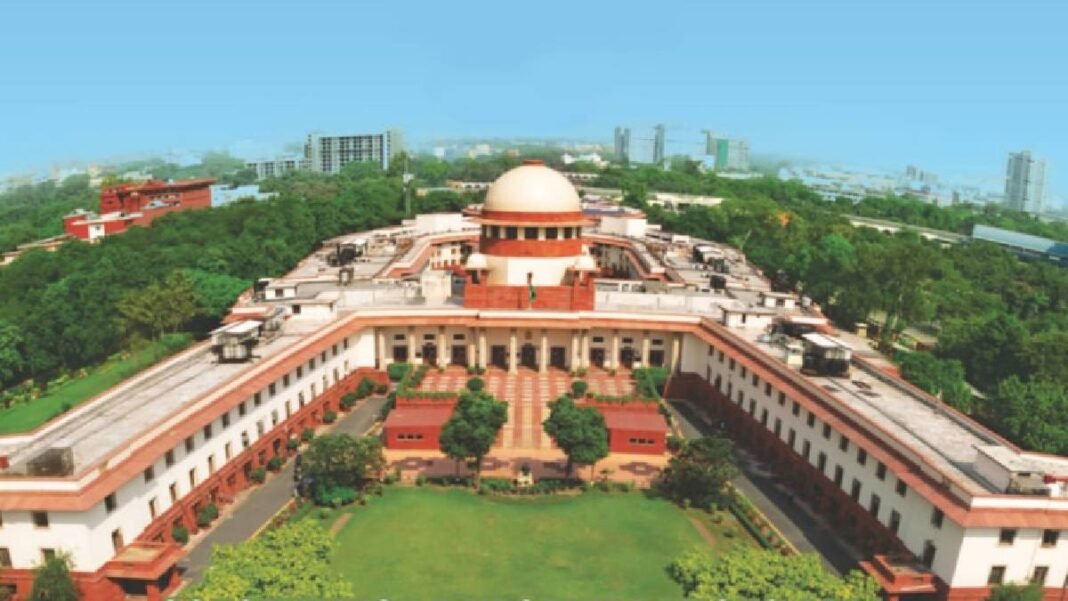NEW DELHI, Sep 1: The Supreme Court on Friday held that children born out of “void or voidable”
marriages are legitimate and can claim rights in parents’ properties under the Hindu Succession law.
According to the Hindu law, the man and woman in a void marriage do not have the status of
husband and wife. However, they have the status of husband and wife in the voidable marriage.
In a void marriage, no decree of nullity is required to annul the marriage. While, in a voidable
marriage decree of nullity is required.
The top court’s verdict came on a 2011 plea pertaining to the vexatious legal issue of whether non-
marital children were entitled to a share in the ancestral property of their parents under Hindu laws.
“We have now formulated conclusion, 1. A child of a marriage which is null and void is statutorily
conferred with the legitimacy, 2. In terms of 16(2) (of the Hindu Marriage Act) where a voidable
marriage is annulled, a child begotten before degree is deemed to be legitimate,” a bench headed by
Chief Justice D Y Chandrachud said in the judgement.
“Equal rights have been granted to daughters in the same manner…,” it said.
The top court decided the question whether the share of such children is limited only to the self-
acquired property of their parents under Section 16(3) of the Hindu Marriage Act.
These questions were referred to a larger bench by a two-judge bench of the apex court on March
31, 2011.
The detailed order is awaited. (PTI)
- Advertisement -
- Advertisement -
- Advertisement -
- Advertisement -



